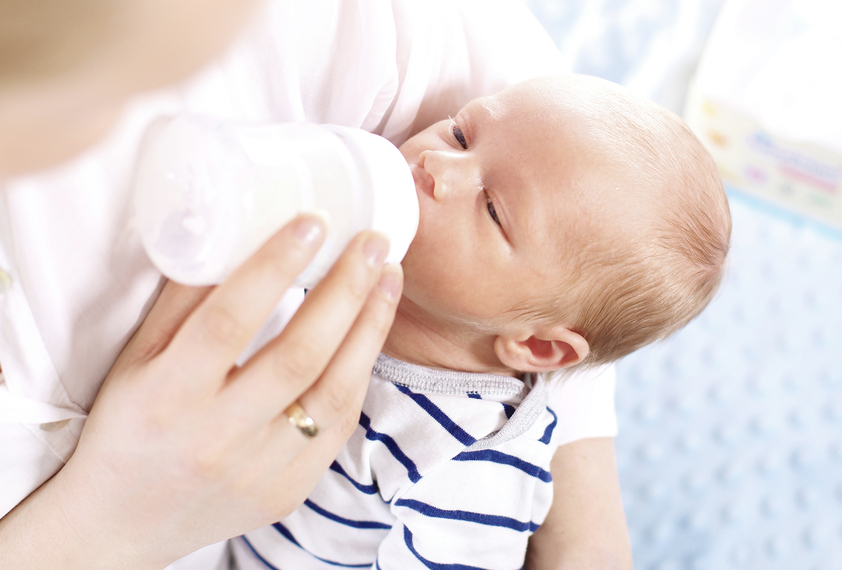This common teen pregnancy prevention method might completely backfire


A free daily email with the biggest news stories of the day – and the best features from TheWeek.com
You are now subscribed
Your newsletter sign-up was successful
Taking care of simulator baby dolls has long been thought to dissuade young women from pregnancy, but according to a new study, caring for the dolls actually results in more teenage girls getting pregnant, CNN reports.
The baby simulator program includes workbooks, documentary viewing, four educational sessions, and required care of baby dolls that cry and need to be fed, burped, and rocked. The dolls, which cost about $900, also track how well a teen is caring for it.
The study looked at girls in Western Australia who both did and did not participate in the baby doll pregnancy curriculum; girls who did not instead received a more traditional course on pregnancy prevention. Of the girls taking care of the dolls, 8 percent had given birth and 9 percent had an abortion by the age of 20, compared to 4 percent who gave birth and 6 percent who had an abortion by the age of 20 in the standard course.
The Week
Escape your echo chamber. Get the facts behind the news, plus analysis from multiple perspectives.

Sign up for The Week's Free Newsletters
From our morning news briefing to a weekly Good News Newsletter, get the best of The Week delivered directly to your inbox.
From our morning news briefing to a weekly Good News Newsletter, get the best of The Week delivered directly to your inbox.
"It is definitely more than just a trend," the lead author of the study, Sally Brinkman, said. Researchers even accounted for factors like socioeconomic status, prior sexual experience or care for babies, and education, and discovered the trend remained. "Clearly, the program doesn't work."
The president and CEO of Realityworks, the company that makes the baby dolls, argued that the study "was not a representation of our curriculum and simulator learning modality, but the researchers' 'adaptation' and is consequently not reflective of our product nor its efficacy." Brinkman responded by saying the Australian study was "very similar" to what Realityworks recommends and that "I would be surprised to see a couple more educational sessions … make a difference on the results."
Still, it is difficult for researchers to understand exactly why the program backfires; it might have to do with the positive association and attention girls get from friends and family while caring for the fake babies. "It gives them confidence," Brinkman suggested. "They think, 'maybe it wasn't that bad. I could do this.'"
A free daily email with the biggest news stories of the day – and the best features from TheWeek.com
Jeva Lange was the executive editor at TheWeek.com. She formerly served as The Week's deputy editor and culture critic. She is also a contributor to Screen Slate, and her writing has appeared in The New York Daily News, The Awl, Vice, and Gothamist, among other publications. Jeva lives in New York City. Follow her on Twitter.
